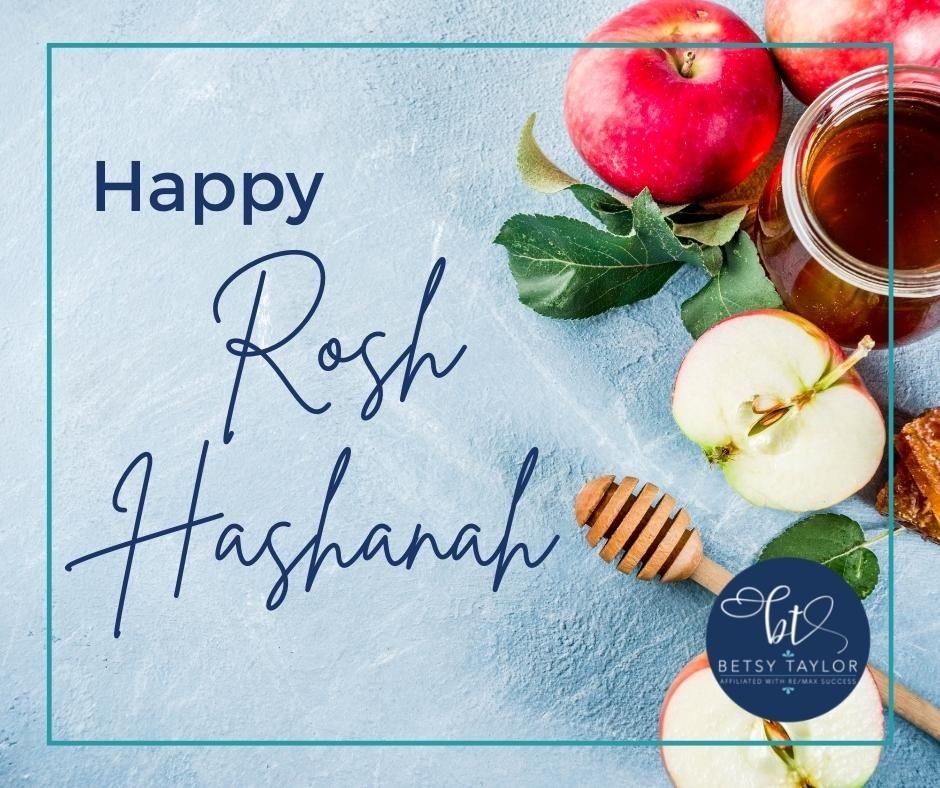Rosh Hashanah, the Jewish New Year, heralds a period of reflection, renewal, and divine orchestration. It ignites an introspective journey that resonates with the Bahá’í faith’s core principles, accentuating the universality of its teachings. As Bahá’ís, the concept of oneness—of humanity, of purpose, and ultimately, of faith—intersects intriguingly with the observance of Rosh Hashanah. This syncretic viewpoint promises a profound paradigm shift in how one perceives both the Jewish New Year and the essence of Bahá’í teachings.
At the heart of Rosh Hashanah rests the notion of a new beginning. Much like the time-honored customs of prayer and reflection found within both Jewish and Bahá’í practices, members of each faith are called to assess their spiritual journey. In the Bahá’í worldview, spiritual awakening is not solely an individual endeavor; it transcends personal planes, establishing a collective consciousness where all humanity is interlinked. Thus, Rosh Hashanah can be seen as a time for Bahá’ís to embark on a journey of self-betterment, fostering the ideals of love, justice, and unity amidst a culture often marred by division.
The significance of Rosh Hashanah extends beyond cultural boundaries into the realm of spiritual metanoia—the transformative change of heart. This Jewish festival serves as a reminder of God’s mercy and the opportunity for individual repentance. Bahá’í teachings elucidate the divine attributes and the overarching narrative of divine guidance provided to humanity through successive revelations. Followers of Bahá’u’lláh embrace this idea that, much like Rosh Hashanah beckons profound evaluation, so too do the revelations reveal pathways toward spiritual enlightenment and social cohesion.
In this context, the act of celebration during Rosh Hashanah becomes more than a mere cultural observance—it is, in fact, a conscious decision to engage with the divine essence that permeates all existence. The Bahá’í principle of the unity of humanity echoes profoundly, reinforcing the conviction that every festival, including Rosh Hashanah, must be observed with the intent to cultivate a sense of wholeness. This communal approach to spirituality invites followers to pause and contemplate their interconnectedness with the broader universe and the divine.
As one delves into the traditions surrounding Rosh Hashanah, the ceremonial components unveil layers of meaning reflective of deeper existential inquiries. The sounding of the shofar, for example, resonates akin to the Bahá’í call for vigilance and wakefulness from spiritual slumber. It is a clarion call, urging individuals to examine their lives, reaffirm their commitments, and ultimately reconcile with their spiritual identities. In essence, hearing the shofar can symbolize both the awakening of self-awareness and the collective responsibility of humanity toward one another.
Moreover, traditional symbols such as apples dipped in honey elicit contemplation about the sweetness of life and the significance of gratitude. In the Bahá’í framework, gratitude becomes a vehicle for connection—an intrinsic facet of spiritual maturity that fosters constructive relationships among individuals. The invitation to renew one’s life during Rosh Hashanah, therefore, aligns seamlessly with the Bahá’í teachings on gratitude and mindfulness, directing adherents toward an enriched existence where appreciation for the divine manifests in daily actions.
Additionally, the themes of repentance and forgiveness, which permeate Rosh Hashanah, enrich the fabric of Bahá’í principles. The act of seeking forgiveness is fundamental within both belief systems, fostering the understanding that spiritual growth necessitates humility and recognition of one’s shortcomings. Bahá’í teachings elaborate on the importance of cultivating virtuous attributes, exacerbating the urgency for individuals to relinquish grievances against one another as a step towards unity and peace.
Rosh Hashanah, through its solemn observance, underscores the need for introspection that transcends individualistic frameworks. The Bahá’í perspective offers a transformative lens through which followers perceive Rosh Hashanah not solely as a synagogue event, but as a global call to awakening. It posits that we are all Baha’is, united in our pursuits of social justice, equity, and spiritual elevation. Intersecting such a pivotal moment on the Jewish calendar with the Bahá’í commitment to universal service marks a novel approach to religious observance, inviting individuals to embrace commonality amidst diversity.
In summation, embracing Rosh Hashanah from a Bahá’í view cultivates a richer, more nuanced appreciation of its significance. It enfolds followers into a broader dialogue about communal responsibility, spiritual awakening, and the pursuit of reconciliation. As one partakes in this sacred time, a conscious decision to emerge as advocates for holistic understanding becomes imperative. Through the lens of Bahá’í teachings, each prayer, reflection, and communal gathering becomes an instrument of peace, nurturing a harmonious existence among all believers of God’s countless manifestations and messages throughout history.
Ultimately, the celebration of Rosh Hashanah transcends borders and traditions, inviting people from disparate paths to commune in love and unity. In recognizing that the essence of these celebrations is applicable beyond individual faiths, individuals can foster a shared hope for a compassionate world where the teachings of Bahá’í and the spirit of Rosh Hashanah intertwine, nurturing a collective awakening to the divine presence that undeniably connects us all.
